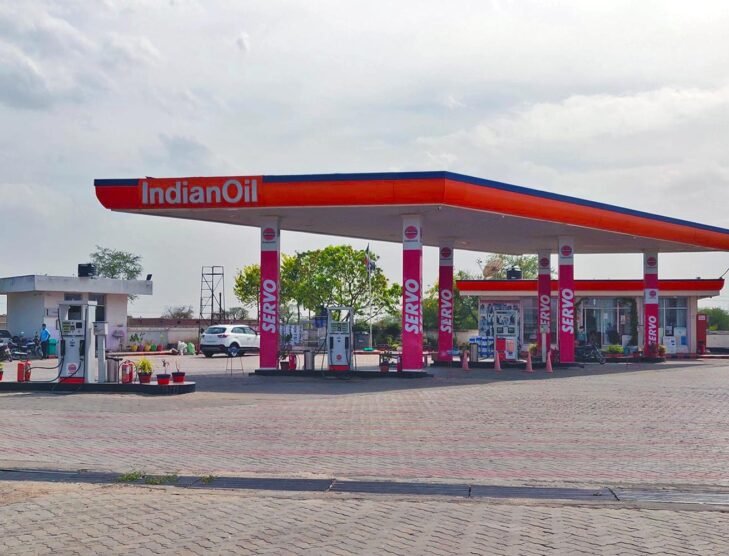
India may advance 20% ethanol blending deadline to 2023 or 2025
India has proposed advancing the timetable for implementing its 20% ethanol blending deadline. Local media reports say the deadline could be pushed to as early as 2023 or 2025, from the original deadline of 2030.
The proposal would find a market for the excess sugarcane production of domestic sugar mills, which can be converted to fuel ethanol for blending with petrol.
India’s Ministry of Road Transport and Highways has already published a draft notification for the implementation of E20 and is now seeking public comments.
In the announcement, the ministry said that “The Ministry of Road Transport and Highways has published a draft notification GSR 757(E) dated 11th December 2020, seeking comments from the public for adoption of E20 fuel, i.e, blend of 20% of ethanol with gasoline, as an automotive fuel and for the adoption of mass emission standards for this fuel. The notification facilitates the development of E20 compliant vehicles. It will also help in reducing emissions of carbon dioxide, hydrocarbons, etc. It will help reduce the oil import bill, thereby saving foreign exchange and boosting energy security.”
The notice added that “The compatibility of the vehicle to the percentage of ethanol in the blend of ethanol and gasoline shall be defined by the vehicle manufacturer and the same shall be displayed on the vehicle by putting a clearly visible sticker.”
In June 2018, India’s Ministry of Petroleum and Natural Gas published its “National Policy on Biofuels – 2018” in which it proposed a 20% target blending rate for ethanol by 2030. Previously, India had a 10% ethanol blending target set for 2022. To raise its ethanol blending rate, the Indian government announced it would allow sugar mills and distilleries to expand its feedstock from C-heavy molasses to include sugarcane juice, B-heavy molasses, and damaged food grains, and it has increased the ethanol procurement price.
Last year, India was the second largest sugar producer in the world, just behind Brazil. It is also a major exporter of sugar.
In India, the sugar industry is of considerable economic importance, being the second largest industry after cotton textile. The economics of sugar in India are more complicated than those of sugar industries in many other countries. Government policies, both at the central and state levels, have played a crucial role in the development of the sugar industry. The sugar economy in India, like many other countries, is highly regulated, starting from sugarcane to the end-product sugar. Even the by-products are subject to government control. The main objectives of the national policy are to ensure a fair price to cane growers, adequate returns to industry and a supply of sugar to consumers at reasonable prices, according to the United Nations Food and Agriculture Organization (FAO).








.jpg)
